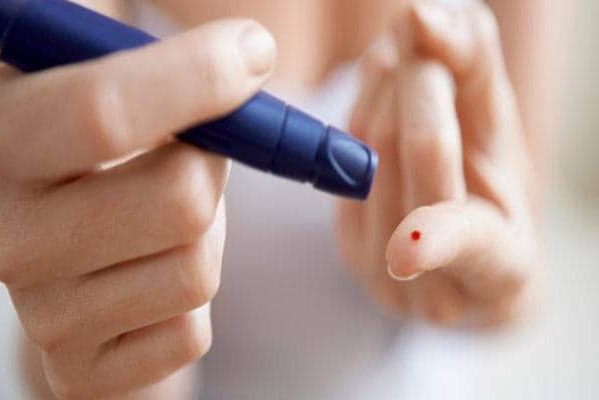Researchers have found that a treatment with icodec insulin once a week successfully reduced blood sugar and had a safety profile similar to that of glargine U100 insulin administered once a day in patients with type 2 diabetes, according to a study published in the New England Journal of Medicine.
It is often thought that decreasing the frequency of basal insulin injections might facilitate acceptance and adherence to the treatment among patients with type 2 diabetes. Icodec insulin is a basal insulin analog designed to be administered once a week, in development for the treatment of diabetes.
The study
Therefore, the authors performed a phase 2, randomized, double blind, double-dummy, 26-week trial in a total of 247 participants who were randomly assigned (1: 1) to receive either icodec or glargine.
The aim of the study was to investigate the effectiveness and safety of insulin icodec once a week compared to insulin glargine U100 once a day in patients who had not previously received long-term insulin treatment and whose type 2 diabetes was not adequately controlled while taking metformin with or without a dipeptidyl peptidase 4 inhibitor.
The primary assessment criterion was the change in the level of glycated hemoglobin from the beginning and until week 26. Other assessment criteria such as hypoglycemic episodes and insulin-related adverse events were also evaluated.
The results
The authors reported the following study results:
- Baseline characteristics were similar in both groups; the average baseline level of glycated hemoglobin was 8.09% in the icodec group and 7.96% in the glargine group.
- The average estimated change from baseline in the glycated hemoglobin level was -1.33 percentage points in the icodec group and -1.15 percentage points in the glargine group, up to estimated averages of 6.69% and 6.87%, respectively, at week 26.
- The estimated difference between the groups in the change from baseline was -0.18 percentage points.
- The observed rates of hypoglycemia with a severity of level 2 or level 3 were low.
The authors noted that there was no difference between the groups in key insulin-related adverse events and that the rates of hypersensitivity and reactions at the site where the injection was administered were low. Moreover, most of the adverse events were mild and the serious events were not considered to be related to the trial medication, the authors added. Hence, they concluded that “the treatment with icodec insulin administered once a week had a glucose-lowering effectiveness and a safety profile similar to that of insulin glargine U100 administered once a day in patients with type 2 diabetes.”
Link: https://www.sochob.cl/web1/insulina-administrada-una-vez-a-la-semana-tan-eficaz-como-la-insulina-administrada-una-vez-al-dia-en-la-diabetes-tipo-2/
Date: November 29th, 2020
Source: https://medicaldialogues.in
Reference: Rosenstock J, Bajaj HS, Janež A, et al; NN1436-4383 Investigators. Once-weekly insulin for type 2 diabetes without previous insulin treatment. N Engl J Med 2020; 383:2107-2116.
Gottlieb P, Michels A. Advances in diabetes treatment — once-weekly insulin. N Engl J Med 2020; 383:2171-2172.
Nutrigenomics Institute is not responsible for the comments and opinions included in this article






